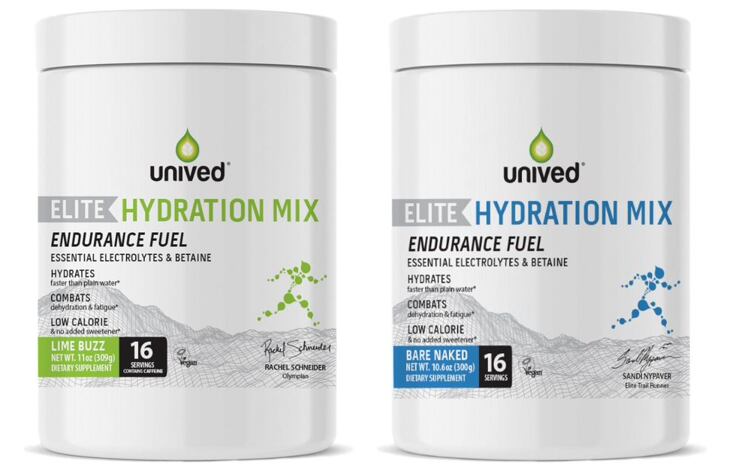The nutrients with revised values are manganese, selenium, biotin, and iron.
The FSSAI had previously revamped its requirements for infant nutrition, known as the Food Safety and Standards (Foods for Infant Nutrition) Regulations, 2020 – which manufacturers were required to comply with by July 1 last year but later pushed to April 1 this year.
However, due to requests from the industry stakeholders, the regulator had decided to revise certain parts of the regulations – namely the nutrient values of the aforementioned ingredients, with the standards enforced from October 1.
“Representations were received from industry associations regarding difficulty in reformulating and manufacturing infant food products adhering to the levels of manganese, selenium, biotin, and iron as prescribed in various standards for infant nutrition.
“After due consideration and concurrence of the concerned scientific panel, it has been decided to revise the limits of above said nutrients for products mentioned in Annexure 1.
“FSS (Food for Infant Nutrition) Regulations, 2020 with the revised limits of nutrients as mentioned in Annexure 1 shall be effective from 1st April 2022. Keeping in view the fact that products need to be reformulated with the revised limits, the regulations shall be enforced from 1st October 2022,” the FSSAI said.
Food for infant nutrition include infant formula, follow-up formula, milk cereal based complementary food, and processed cereal based complementary food.
The revision
Under the revision, the upper limit of manganese, selenium, and biotin has been increased, while the lower limit of iron has been decreased.
For example, the upper limit of manganese in follow-up formula is up 10 times – from 50 to 500mcg per 100g and from 10.60 to 106.40mcg per 100kcal.
The upper limit of selenium in all categories infant nutrition products is up from 17 to 40mcg per 100g and from 3.60 to 8.50mcg per 100kcal.
Biotin’s upper limit has been increased from 19 to 50mcg per 100g and from 4 to 10.60mcg per 100kcal.
Lastly, the lower limit of iron has been decreased from 3 to 2mg per 100g and from 0.60 to 0.42mg per 100kcal.
The following is a table showing the revised values.
Other infant nutrition regulations
On the other hand, the FSSAI has announced the list of permitted foods for the corresponding Inborn Errors of Metabolism (IEM) conditions.
The foods for infants with IEM are intended for the specific dietary management of disease or a condition of infants with specific inborn error(s) of metabolism and are intended to be given under medical supervision.
According to the list published, there are a total of 15 medical conditions and the foods targeted at these conditions.
For example, for infants with amino acid metabolic disorders, the food permitted include protein and amino acid free diet powder.
For defects in the intraluminal hydrolysis of fat, defective mucosal fat absorption, defective lymphatic transport of fat, milk protein-based powder with medium-chain triglycerides (MCT) is permitted.




